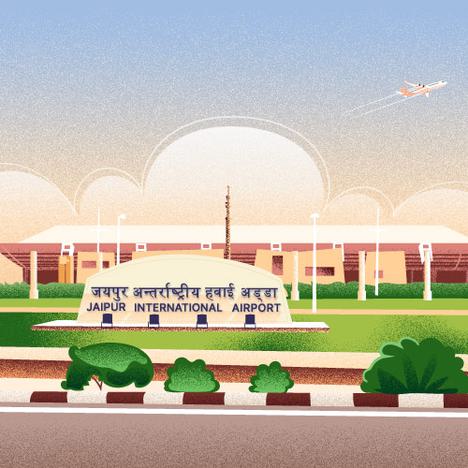2. Start Early and Check Processing Times
Time is one of the most important factors while working on your visa application. The processing time of a visa also depends on its type, the country you are traveling to, and the season. Some visas are processed quickly and others might require weeks or months depending on the complexity of your case.
Try to keep yourself updated about the processing time of your application. You can get the information about it from the embassy website. Do apply early to prevent any unnecessary inconvenience so that you have a buffer for any unexpected delays.
3. Organize Your Documents Carefully
The importance of proper documentation cannot be stressed enough for a visa application to have a higher chance of success. Therefore ensure your documents are up-to-date and well-reviewed. Here are some commonly required documents for a good visa application.
- A valid passport (having six months validity at least)
- Passport-sized photographs
- Visa application form, duly filled and completed
- Evidence of travel arrangements (flight bookings, hotel reservations)
- Financial statements or proof of sufficient funds
- Travel insurance (if required)
- Supporting documents like invitation letters, only if applicable
Create a checklist of your documents and review it more than once to ensure there are no missing documents or missing information. Otherwise, it will invite visa rejection.
4. Proof of Financial Stability
Almost all countries demand valid proof of financial stability so that the traveler can support themselves during their tenure in the destination country. If your visa is a tourist or student, you are required to likely produce the latest bank statements, income proof, or letter of sponsorship.
Top tips for successful visa application regarding financial stability:
- If your bank account has a robust balance for at least the last 6 months before you submit your application, your application has a good chance of approval.
- Make strong proof of your financial health with documents like bank statements, employer letters, and tax returns that verify your income.












